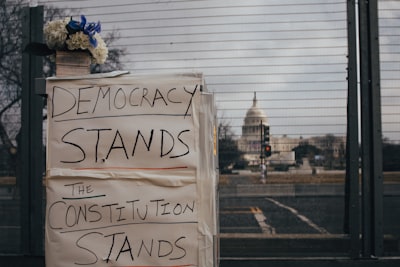Imagine if democracy weren’t just about showing up to the polls once every few years. Instead, what if the true pulse of public power lay in the ink of thousands of signatures, gathered not on election day, but in the energetic weeks and months between? The recent news about recall drives in Taiwan, with groups gathering just enough signatures to hit the required threshold, spotlights a fascinating dimension of political participation: the recall petition.
Did you know that the right to recall elected officials has roots dating back to ancient Athenian ostracism? Citizens would scratch a name onto broken pottery to banish a leader for a decade—not for breaking laws, but simply for losing popular trust. The modern recall is more subtle, but still brims with drama: How many signatures are enough? Who organizes such campaigns, and whose voices are reflected when the safety margin is met?
Across the world, these mechanisms offer a second stage for the political process, where activism blurs into accountability. In California, the 2003 recall of Governor Gray Davis led to Hollywood’s Arnold Schwarzenegger becoming governor. In Taiwan, recall movements illustrate how democracy isn’t just punctuated by ballots—it’s powered by citizen initiative.
But are recalls a tool for real accountability, or a weapon for endless campaigns? What does it mean when the safety threshold is just met—does it suggest careful consensus, or lingering division? Imagine if every community had the power, with enough signatures, to demand a do-over, a second chance at leadership.
As we watch the waves of petitions, perhaps the bigger story is not just about who gets recalled, but how societies negotiate the line between stability and change.
This article was inspired by the headline: '罷免楊瓊瓔、江啟臣補件都達安全門檻!罷團今送件 - 自由時報'.

Comments
No comments yet. Be the first to comment!